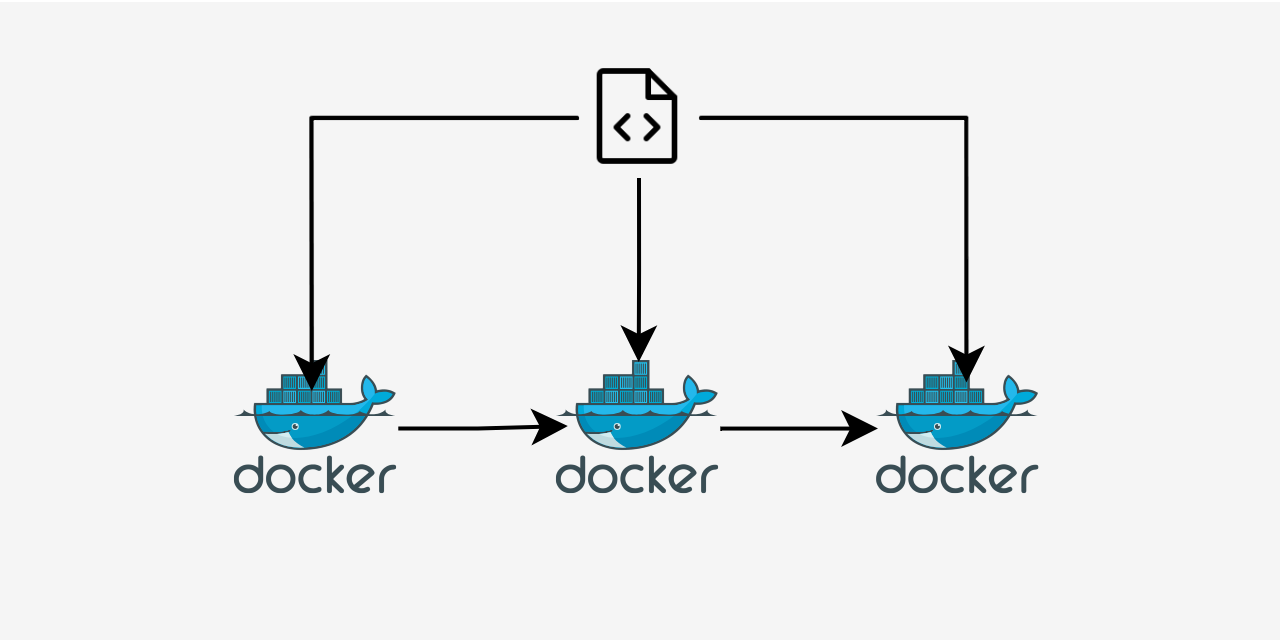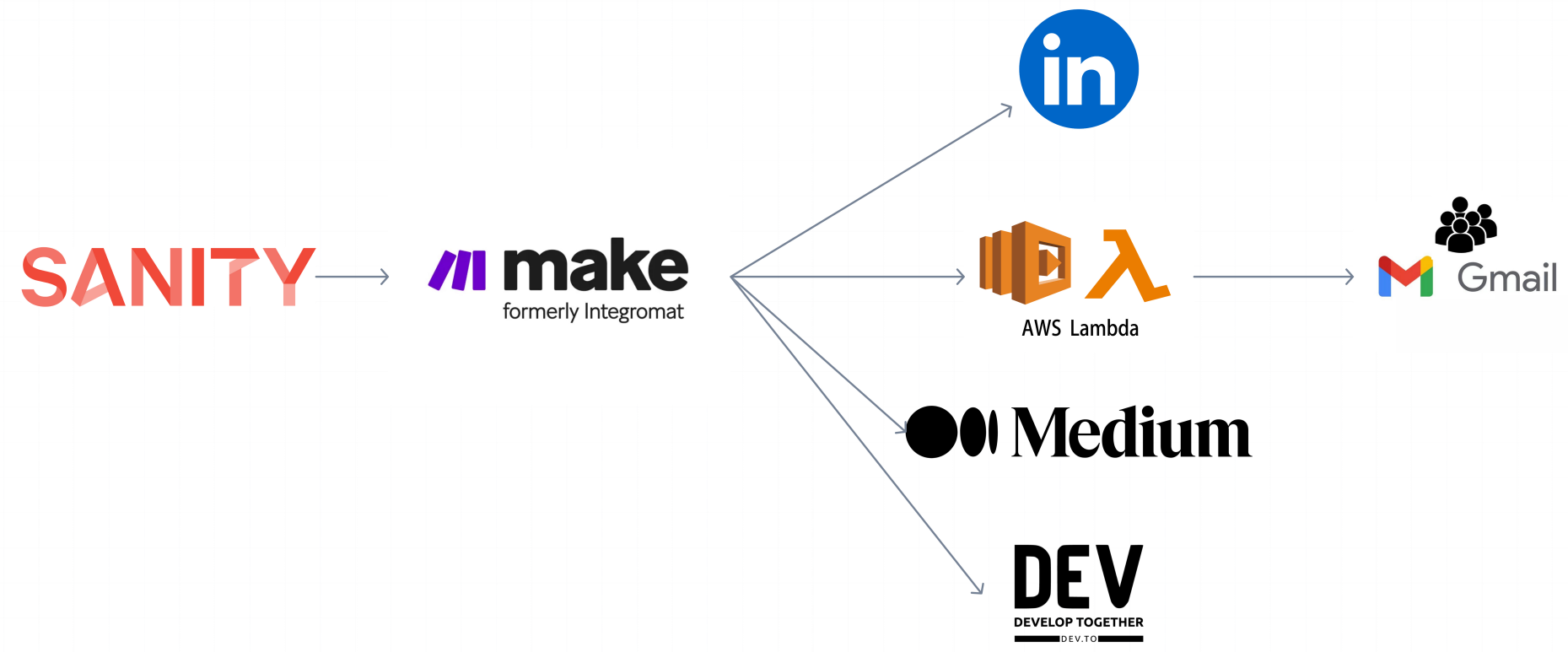As we've discussed in previous blogs, businesses are constantly seeking ways to manage, store, and analyze vast amounts of information. Two popular solutions that often come up in these discussions are Data Lakes and Data Warehouses. While both are used to store large volumes of data, they serve very different purposes and are best suited for different use cases. Let’s break down what makes each unique and help you decide which is the best fit for your business.
What Is a Data Lake?
A Data Lake is a centralized repository that allows you to store structured, semi-structured, and unstructured data at any scale. One of the main advantages of a data lake is its flexibility—it can hold raw data in its native format, making it ideal for storing vast amounts of information from diverse sources.
Key characteristics of Data Lakes:
- Scalability: Capable of storing massive amounts of data without predefined schemas.
- Low Cost: Typically cheaper to store raw, unprocessed data.
- Flexible Access: Data is accessible for advanced analytics, including AI, machine learning, and real-time analytics.
- No Preprocessing: Data doesn’t need to be cleaned or processed before being stored.
Data Lakes are commonly used by organizations that need to retain large volumes of raw data for future analysis, such as those in machine learning, data science, and big data analytics.
What Is a Data Warehouse?
A Data Warehouse is a storage system that organizes data into well-defined schemas, making it easier to retrieve and analyze. Data warehouses are optimized for running queries on structured data, offering businesses the ability to perform complex analysis on transactional data.
Key characteristics of Data Warehouses:
- Structured Data: Data is processed and organized before it is stored.
- Optimized for Queries: Built for fast, efficient querying and reporting.
- Reliable and Consistent: Ensures consistency and data integrity across the organization.
- Business Intelligence (BI) Ready: Ideal for generating reports, dashboards, and analytics.
Data Warehouses are commonly used by organizations that rely on historical data for business intelligence and decision-making, such as finance, sales, and marketing.
Key Differences: Data Lake vs. Data Warehouse
1. Data Structure:
- Data Lake: Can store unstructured, semi-structured, and structured data.
- Data Warehouse: Stores only structured data, typically from transactional systems.
2. Cost:
- Data Lake: Generally lower storage costs due to raw, unprocessed data.
- Data Warehouse: Higher cost due to the processing and structuring of data before storage.
3. Performance:
- Data Lake: Slower query performance since data isn’t pre-processed.
- Data Warehouse: Optimized for fast query performance with structured data.
4. Purpose:
- Data Lake: Best for advanced analytics, machine learning, and large data sets.
- Data Warehouse: Ideal for business reporting, dashboards, and transactional data analysis.
5. Data Governance:
- Data Lake: Less governance over data, which can make it harder to manage.
- Data Warehouse: Strict governance, making it easier to ensure accuracy and consistency.
Which Is Best for Your Business?
- Choose a Data Lake if your business handles a wide variety of data types, including unstructured data (e.g., social media feeds, sensor data, or machine logs), and you’re focused on advanced analytics, machine learning, or big data.
- Choose a Data Warehouse if your business is more focused on traditional business intelligence, and you need fast, reliable access to structured, processed data for decision-making, reporting, and analysis.
Hybrid Approach: Best of Both Worlds?
For some businesses, the answer isn’t Data Lakes or Data Warehouses—it’s both. Many organizations today are adopting a hybrid approach, using a Data Lake for raw, unprocessed data and a Data Warehouse for structured, query-optimized data. This allows businesses to take advantage of both flexibility and performance in their data strategies.
Conclusion
Choosing between a Data Lake and a Data Warehouse depends on your business’s specific needs and the type of data you handle. If your priority is storing and analyzing massive amounts of unstructured data for advanced analytics, a Data Lake is likely the better choice. On the other hand, if you need fast, reliable access to structured data for reporting and decision-making, a Data Warehouse is the way to go.
In many cases, a combination of both solutions can provide the scalability and efficiency needed to stay competitive in today’s data-driven world.




